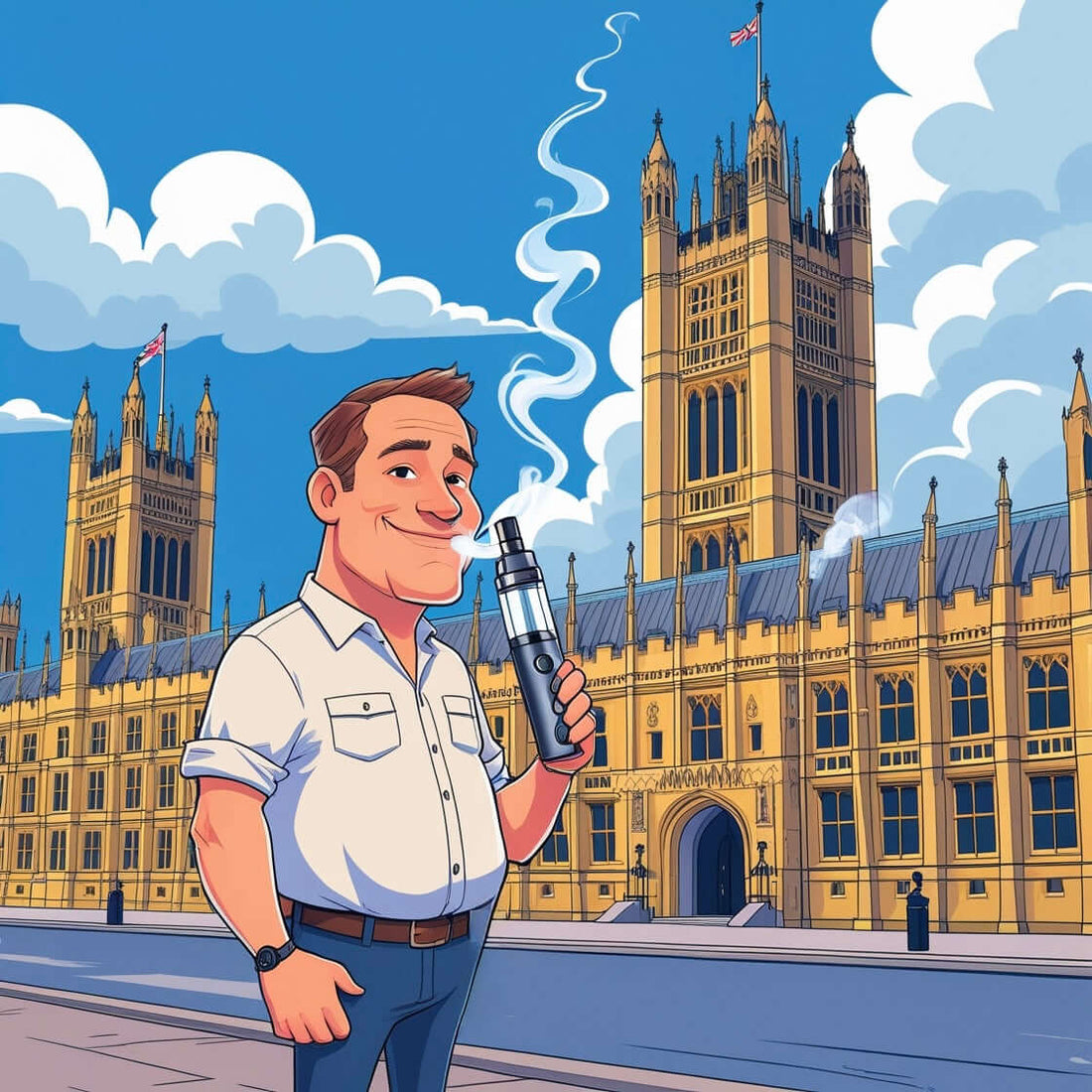
The Future of Vaping in the UK: Understanding the Tobacco and Vapes Bill
Share
Navigating the Vaping Landscape: What the UK's Tobacco and Vapes Bill Means for You
The UK Government's Tobacco and Vapes Bill is currently making its way through Parliament, and while much of the discussion has rightly focused on its aim to create a "smoke-free generation," there are significant proposed changes that will directly impact vapers across the country. If you currently use e-cigarettes, or are considering them as a way to quit smoking, it's important to understand what's coming.
The Bill's primary objective regarding vaping is to curb its appeal to young people, while still recognising its role as a quitting tool for adult smokers. This delicate balancing act has led to several key proposals that could reshape your vaping experience.
Here's a breakdown of the potential changes specifically for vapers:
-
Disposable Vape Ban (Effective June 1, 2025): This is perhaps the most immediate and impactful change. As of June 1, 2025, the sale and supply of single-use (disposable) vapes will be illegal across the UK. This applies to all types of disposables, regardless of whether they contain nicotine. The ban aims to tackle environmental concerns and the rising prevalence of youth vaping. If you use disposables, you'll need to switch to reusable, refillable, and rechargeable devices with replaceable coils.
-
Restrictions on Flavours, Packaging, and Display: The Bill grants the government powers to regulate how vapes are designed, packaged, and displayed in shops. This could mean limitations on the types of flavours available, a move towards more standardised packaging, and restrictions on point-of-sale displays. The intent here is to make vapes less appealing to children, but some worry it may also reduce the attractiveness of vaping as an alternative for adult smokers.
-
Advertising and Sponsorship Ban: A comprehensive ban on the advertising and sponsorship of vapes and nicotine products is on the cards. This includes online, billboards, and event sponsorships. This could make it harder for vapers to discover new products or for accurate public health information about vaping to be widely disseminated.
-
Potential Extension of Vape-Free Areas: While the initial focus of "smoke-free" areas has been on tobacco, the Bill includes powers to extend these to include vape-free zones, particularly in public places and workplaces where smoking is already prohibited. This means you might find fewer places where you can legally vape outdoors.
-
New Vaping Products Duty (from October 2026): Beyond the current Bill, a new duty on e-liquids is set to be introduced from October 2026, which will likely increase the cost of vaping products considerably.
What Does This Mean for You?
For existing vapers, these changes will primarily impact the types of products you can purchase, how they are presented, and where you can use them. The ban on disposables necessitates a shift to refillable systems, which many see as a more sustainable and cost-effective option in the long run.
The potential restrictions on flavours and advertising are more contentious. While aimed at preventing youth uptake, there are concerns that these measures could inadvertently deter adult smokers from switching to vaping, which is widely recognised as a less harmful alternative to traditional cigarettes. Many vapers rely on a variety of flavours to successfully transition away from smoking, and a limited selection could make this more challenging.
It's clear that the UK's vaping landscape is set for a significant transformation. As the Bill continues its journey through Parliament, it's a good time for vapers to stay informed about the evolving regulations and consider how these changes might impact their vaping habits. The conversation around balancing public health goals with the needs of adult vapers will undoubtedly continue.

